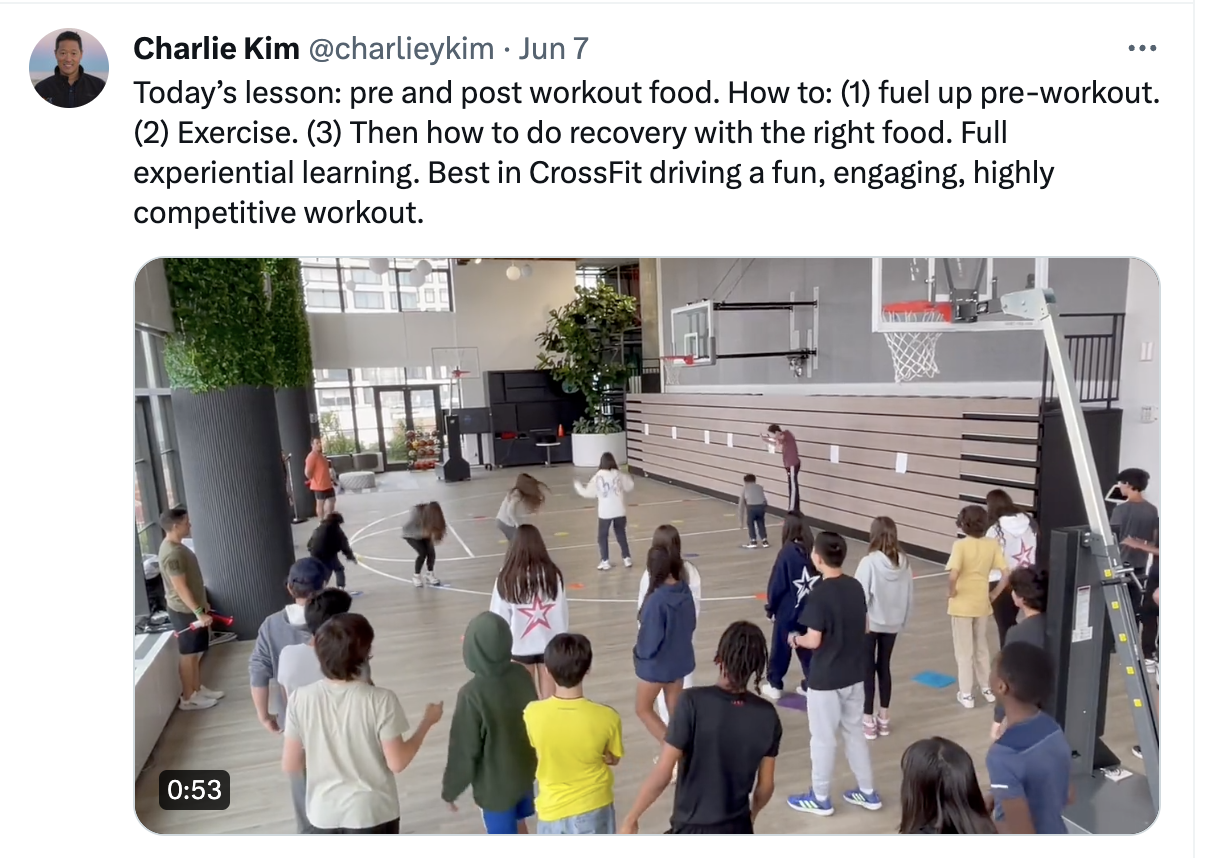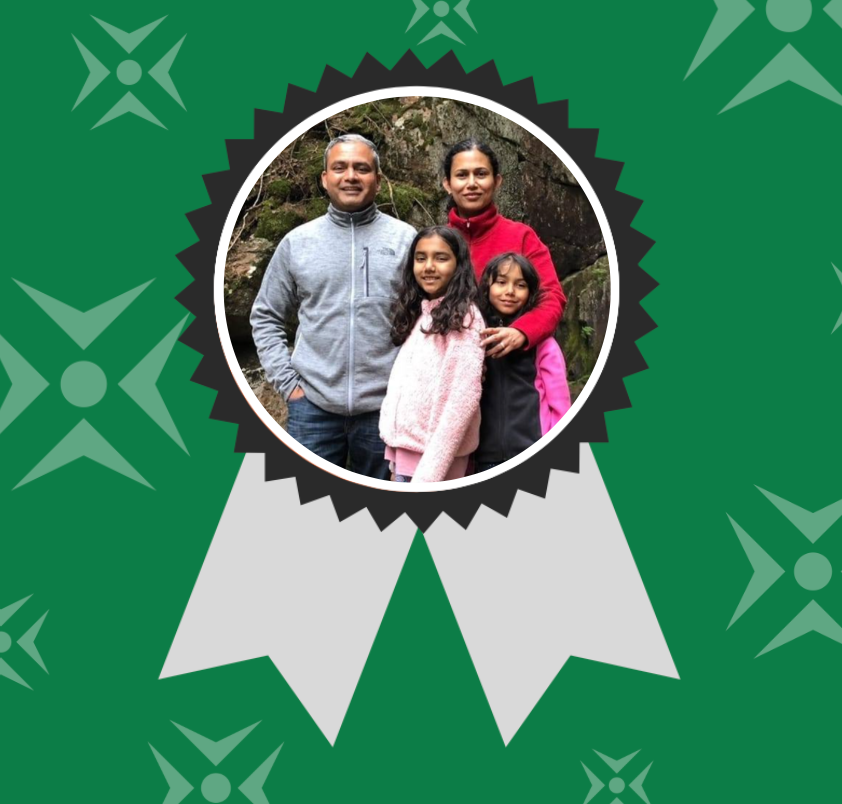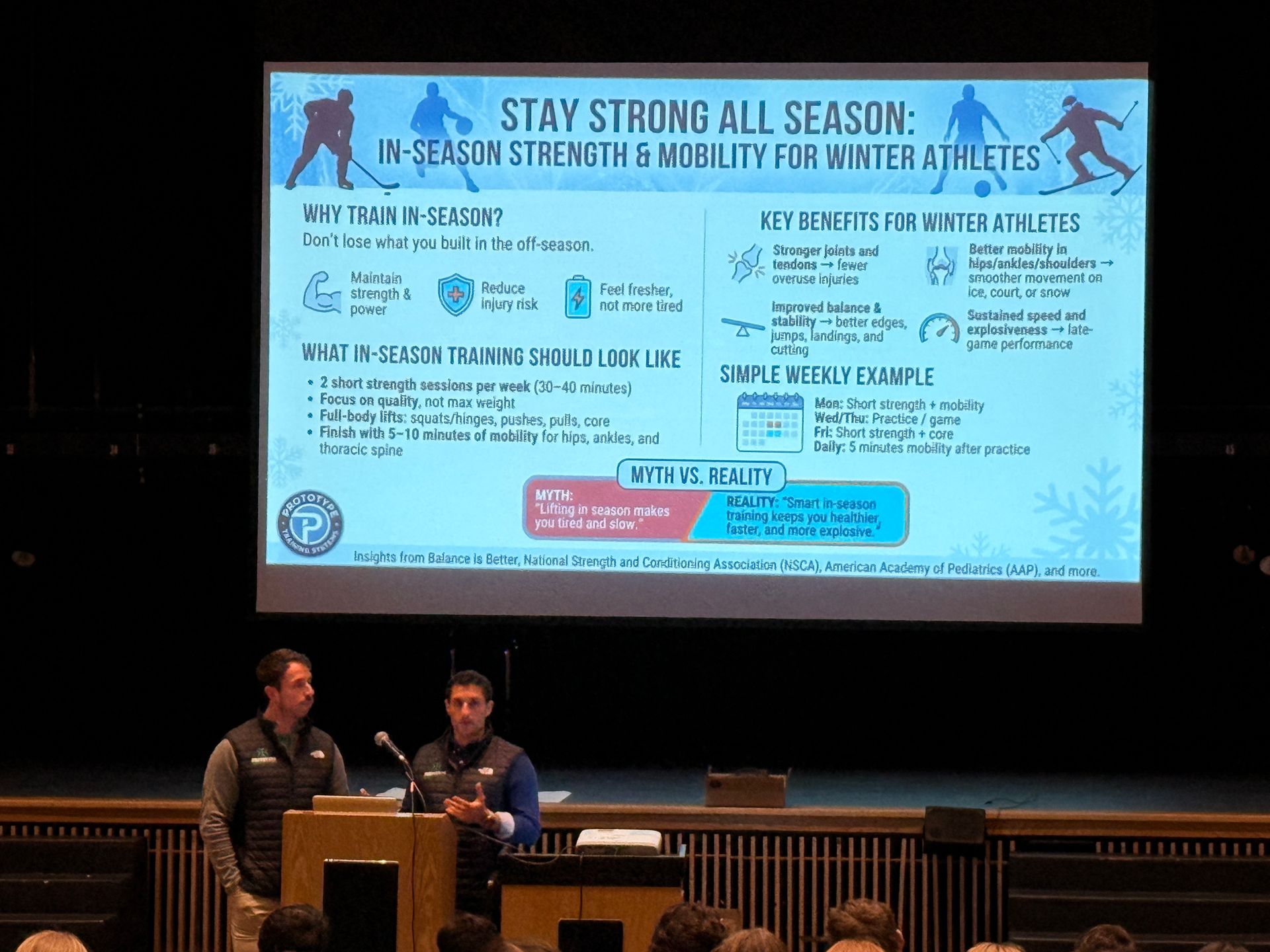Lessons Learned: Coaching kids, coddling and creating self drive
As each week goes by, there are lessons in the work we are doing with our team, the work we are doing with our clients, and more importantly, the work we are doing on ourselves.
Not only are we sharing our educational content from our Coach Development Corner , but each week I’m also going to include practical “lessons learned” from the week, things I/we are currently struggling with, and an assortment of podcasts/books/articles that inspired action during the week. Each week will be different… some more robust than others.
If something resonates with you, feel free to shoot me an email (mike@prototypetraining.com) or forward this content to someone you think would also benefit.
Whether you’re a current client at Prototype, a passerby, or an alumni member, I appreciate you for checking this out!
-Mike
Week of 6/5/23
I had the opportunity to Coach a group of 70, 12-13-year-olds from a private school called Avenues out in NYC this week. We discussed the importance of pre-workout/exercise nutrition, put them through a fun/team-based CrossFit relay race workout, and then what to eat/how to optimize performance post-workout. It was challenging, I had a blind spot coming in that it would be easier/the kids would be ready to learn and would be engaged (they are spending 2 weeks learning about nutrition and fitness). The WRONG lesson I could have taken from this is that coaching kids is hard, you can’t motivate them… they’re ready to be done with school.

We ran a morning session that was 3 hours (35 kids), and a shorter afternoon session (roughly an hour and a half with 30+ kids). There were lessons learned from the morning to the afternoon and in between. While this was work with kids, these lessons apply beyond training the youth, I’ve shared some important ones below.
4 Lessons From the Week:
1/ Not mistakes, lessons learned.
The morning was longer, harder to keep the kids attention, we tried to do to much (we did a relay race workout and then tried to play another mind/body game) and several kids opted out at various points. While I could have shook my head and shrugged, thinking “well, these kids just don’t care” OR hammer myself on all the mistakes, it was important for me to remember that if you’re able to 1/rapidly reflect, and 2/ iterate to apply new strategy going forward, that’s realest form of learning.
2/ We all want to coddle and help someone who is struggling.
The mind/body game (we refer to it as Cross Domain Coaching) was really tough for the kids. There were 7 groups and only 1 completed the puzzle (if you’re not familiar with the game, it’s a fitness version of Tower of Hanoi). The kids looked defeated, I wanted to show them how to do it… after a couple of rounds some kids were saying “This is impossible, this is too hard”. It took everything in me NOT to coddle/not to show them how to do it. The lesson we shared from the beginning was that this was hard, we want them to struggle… to figure it out on their own. And that’s life, right? At times we all want our handheld, sometimes we need it. But the ability to resist, and let others fail (this is especially important in coaching and developing teams), that’s where you learn. Similar to my first lesson I shared.
3/ To create SELF DRIVEN behavior, you have to set up the environment to compete.
The coaching I received in between sessions was exactly that, as I was struggling to get the kids to want to opt-in. Think about when you have to tell people what to do vs. them being self-driven and wanting to do it. It’s the ideal behavior, but the environment we set up matters. That competitive environment drives people to want to get it right, they want to win BUT if the game isn’t fair (meaning people are cheating) it’s less important. The biggest iteration from the morning to the afternoon is we set up a deliberate ramp in both quality and accountability. We gave out Prototype wristbands to the winning teams. The first team that “won” wasn’t the one who finished first… they actually finished last. I asked the group of kids “why did they win”, the group of girls next to this team said “Because they moved the marker, they did all the reps and the did the exercises right”. BOOM. Standards set… peer feedback. This elevated all the teams to WANT to win. The energy was higher, the games were closer and the teams that “opted out” to start, were reengaged and even won a round.
4/ The difference between kids and adults.
KIDS = raw truth. ADULTS = Lie/Hide/Fake…I learned that kids give us a cleaner read on how WE ARE as teachers/ experts/ our own flaws and our strengths vs. with adults, we are overly repped in not speaking up, not showing disinterest physically but mentally we turn off our brains. So as coaches, we can’t always tell what’s resonating or not OR we think it is, but it’s not. While as a coach this may get in your head, it’s better to GET THE TRUTH vs. think you’re getting the truth.
The post Lessons Learned: Coaching kids, coddling and creating self drive appeared first on Prototype Training Systems.
Previous Blogs


Climb to New Heights
Prototype Training Systems is more than a gym - it is a lifestyle. Join us today!


